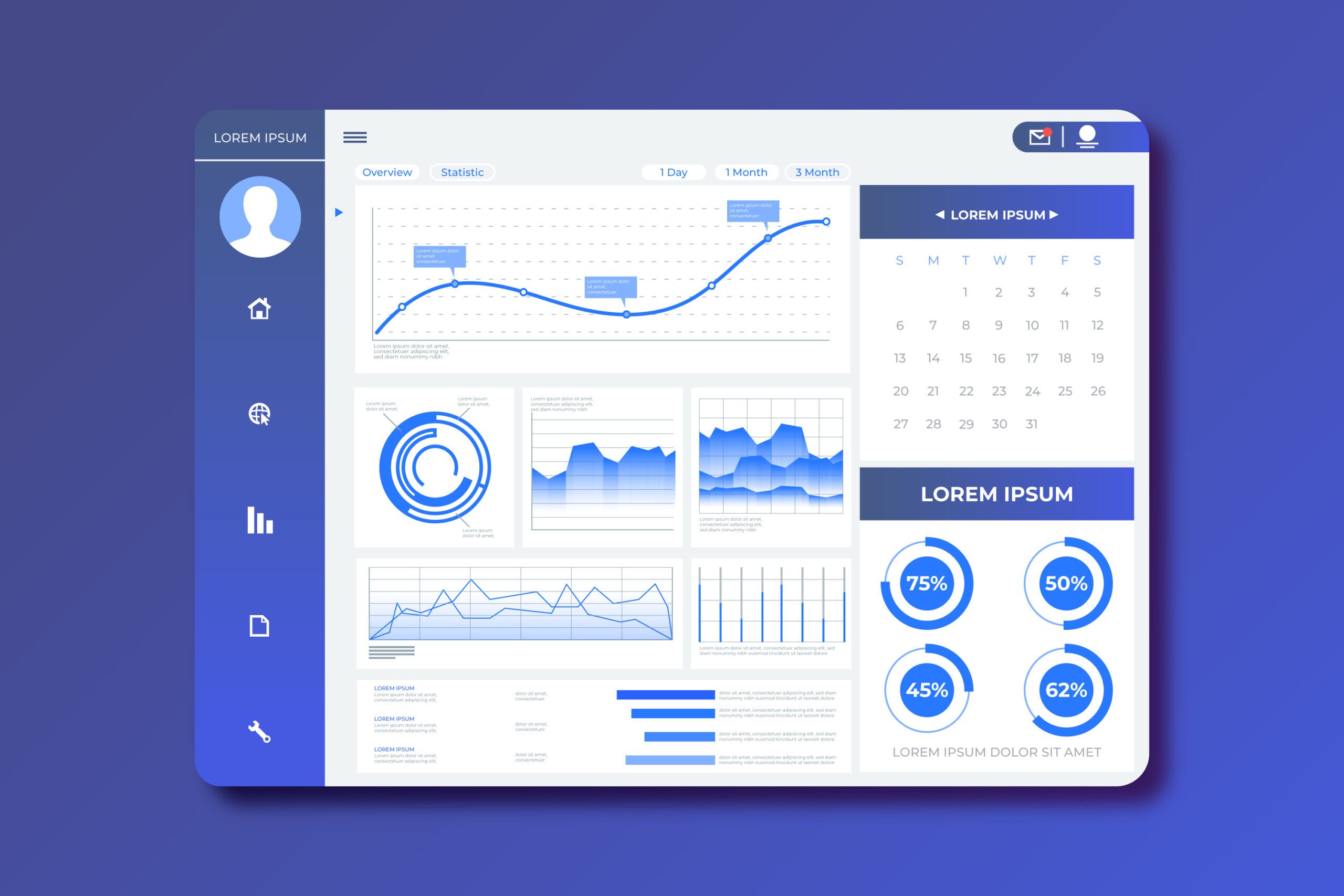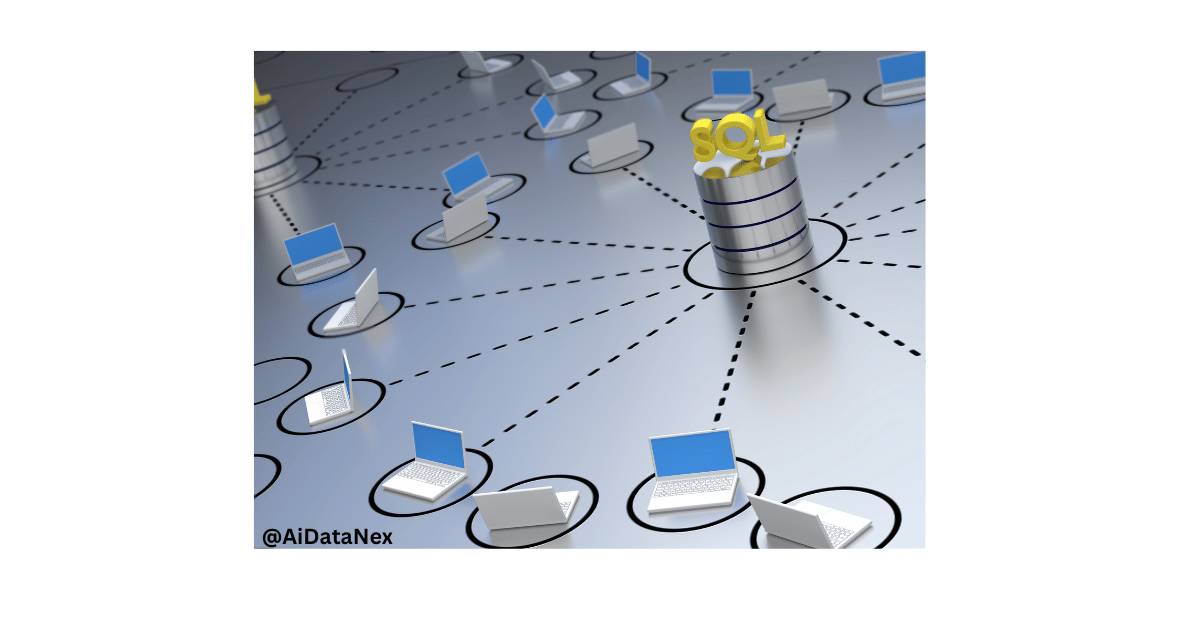AGI, or Artificial General Intelligence, represents the next evolution of AI with human-like cognitive abilities. AGI aims to perform any intellectual task that a human can do.
Artificial General Intelligence (AGI) is the next frontier in AI development. Unlike narrow AI, which specializes in specific tasks, AGI aims to achieve human-like cognitive abilities. This means AGI can understand, learn, and apply knowledge across a wide range of tasks.
Researchers believe AGI will revolutionize industries by providing more adaptable and versatile solutions. As technology advances, AGI will likely become integral in solving complex problems. The journey to AGI involves overcoming significant technical challenges. Ethical considerations also play a crucial role in its development. Balancing innovation with responsibility will shape the future of AGI.
The Evolution Of Ai
Artificial General Intelligence (AGI) is the next big leap in the world of Artificial Intelligence (AI). The journey from basic AI to AGI showcases the remarkable evolution of technology. AGI represents a new era where machines can perform any intellectual task that humans can do. Understanding this evolution helps us appreciate the advancements and possibilities of AGI.
From Narrow Ai To Agi
Narrow AI, also known as Weak AI, focuses on performing specific tasks. These systems can excel in one area, like playing chess or recognizing images. Examples of Narrow AI include:
- Siri and Alexa for voice recognition
- Recommendation systems on Netflix and Amazon
- Self-driving car technologies
While Narrow AI is powerful, it lacks general intelligence. It can’t transfer its learning from one task to another. AGI, on the other hand, aims to mimic human intelligence across a wide range of activities. AGI can understand, learn, and apply knowledge in different contexts.
Consider the following table showing the differences between Narrow AI and AGI:
| Aspect | Narrow AI | AGI |
|---|---|---|
| Scope | Task-specific | General-purpose |
| Learning | Limited to one task | Across multiple tasks |
| Flexibility | Rigid | Adaptive |
The evolution from Narrow AI to AGI represents a shift from specialized intelligence to a more versatile, human-like intelligence. This transition involves significant advancements in machine learning, cognitive computing, and neural networks.
Characteristics Of Agi
AGI possesses several key characteristics that distinguish it from Narrow AI. These characteristics enable AGI to perform a wide variety of tasks with human-like understanding and adaptability.
Some of the defining characteristics of AGI include:
- Generalization: AGI can apply knowledge from one domain to another. For example, it can use language skills to understand different subjects.
- Learning Ability: AGI can learn from experience, just like humans. It improves its performance over time through continuous learning.
- Reasoning: AGI can reason and solve problems. It can make decisions based on incomplete or ambiguous information.
- Adaptability: AGI is highly adaptable. It can adjust to new environments and situations without explicit programming.
- Self-awareness: Some theories suggest AGI might develop a form of self-awareness. This means it could understand its existence and capabilities.
These characteristics make AGI a revolutionary technology. AGI’s potential impacts span across industries such as healthcare, education, and robotics. Its ability to generalize, learn, and adapt makes it a powerful tool for solving complex problems and advancing human knowledge.
Understanding Agi
Artificial General Intelligence (AGI) represents the next leap in AI technology. AGI can perform any intellectual task that a human can do. Understanding AGI helps us see its potential to transform industries, solve complex problems, and possibly reshape our daily lives. This section delves into the definition and capabilities of AGI.
Defining Agi
AGI, or Artificial General Intelligence, is a type of AI that possesses the ability to understand, learn, and apply knowledge across a wide range of tasks. Unlike narrow AI, which is designed for specific tasks, AGI aims to mimic human intelligence.
Here are key characteristics that define AGI:
- Versatility: AGI can perform diverse tasks, from playing chess to diagnosing diseases.
- Autonomy: AGI operates independently, making decisions without human intervention.
- Self-improvement: AGI learns from experiences, continually enhancing its performance.
Consider the following table for a clearer distinction between Narrow AI and AGI:
| Aspect | Narrow AI | AGI |
|---|---|---|
| Scope | Specific tasks | General tasks |
| Learning | Limited and task-specific | Broad and continuous |
| Adaptability | Low | High |
AGI’s goal is to achieve human-like cognitive abilities, making it a revolutionary step in AI development.
Capabilities Of Agi
AGI’s capabilities are extensive and diverse. It can understand, learn, and perform tasks that require human intelligence. Here’s a closer look at its potential:
1. Learning and Adaptation
- Continuous Learning: AGI can learn new concepts and skills without human input.
- Adaptive Behavior: AGI adjusts its strategies based on new information.
2. Problem-Solving
- Complex Issues: AGI can tackle problems that require human-like reasoning.
- Creative Solutions: AGI can generate innovative solutions to novel challenges.
3. Communication
- Natural Language Processing: AGI understands and responds to human language.
- Multilingual Abilities: AGI can communicate in various languages fluently.
The table below highlights some specific capabilities of AGI:
| Capability | Description |
|---|---|
| Learning | Acquire new knowledge continuously |
| Adaptation | Modify behavior based on experiences |
| Problem-Solving | Tackle complex and novel challenges |
| Communication | Interact fluently in multiple languages |
AGI’s potential to transform industries and improve our lives is immense. It promises to bring unprecedented advancements in various fields, from healthcare to finance.
Challenges And Risks
Artificial General Intelligence (AGI) represents the next frontier of artificial intelligence. While the potential benefits are enormous, challenges and risks must be addressed. AGI could revolutionize industries, but it also brings ethical concerns and security implications that require careful consideration.
Ethical Concerns
As AGI evolves, ethical concerns become paramount. The ability of AGI to make decisions independently poses significant questions.
- Bias and Fairness: AGI systems might inherit biases from their training data. This can lead to unfair treatment of individuals or groups.
- Autonomy: AGI’s decision-making capabilities could lead to actions that conflict with human values.
- Privacy: AGI’s ability to process vast amounts of data raises concerns about privacy invasions.
Bias and Fairness can be particularly troubling. If AGI systems make biased decisions, it could reinforce societal inequalities. Developers must ensure AGI systems are trained on diverse and representative data.
Autonomy in AGI also poses risks. Autonomous systems must align with human values and ethics. Ensuring this alignment is a complex challenge.
Lastly, privacy is a crucial issue. AGI’s data processing power could lead to unprecedented privacy breaches. Strong regulations and ethical guidelines are necessary to protect user data.
| Ethical Concern | Implications |
|---|---|
| Bias and Fairness | Reinforces societal inequalities |
| Autonomy | Potential conflict with human values |
| Privacy | Risk of privacy invasions |
Security Implications
Security implications of AGI are another critical concern. AGI’s capabilities could be exploited for malicious purposes.
- Cybersecurity Threats: AGI systems could be targeted by hackers, leading to severe security breaches.
- Weaponization: AGI technology could be used to create advanced weapons, posing global security risks.
- Economic Disruption: AGI could disrupt economies, leading to job losses and financial instability.
Cybersecurity threats are a significant risk. Hackers could exploit AGI systems, leading to data breaches and other security issues. Ensuring robust cybersecurity measures is essential.
Weaponization of AGI is another alarming possibility. AGI could be used to develop autonomous weapons, posing severe global risks. International regulations are crucial to prevent this.
Economic disruption is a potential consequence of AGI. AGI could lead to massive job losses, affecting economies worldwide. Preparing for this disruption is vital to mitigate its impact.
| Security Risk | Implications |
|---|---|
| Cybersecurity Threats | Severe security breaches |
| Weaponization | Global security risks |
| Economic Disruption | Job losses and financial instability |
Agi In Various Industries
Artificial General Intelligence (AGI) represents the next evolution in artificial intelligence. Unlike narrow AI, which is designed for specific tasks, AGI can understand, learn, and apply knowledge across a wide range of activities. This transformative capability makes AGI a game-changer in various industries. Let’s explore how AGI is set to revolutionize healthcare, finance, and transportation.
Healthcare
The introduction of AGI in healthcare promises to bring unprecedented advancements. AGI can analyze vast amounts of medical data to diagnose diseases with high accuracy. This reduces the chances of human error. Additionally, AGI can help in personalized medicine by tailoring treatments to individual genetic profiles.
AGI can also streamline administrative tasks. This allows healthcare professionals to focus more on patient care.
- Early Diagnosis: AGI can detect diseases like cancer in early stages.
- Drug Discovery: AGI accelerates the research for new drugs.
- Patient Monitoring: Continuous health monitoring through smart devices.
A table illustrating AGI’s impact:
| Healthcare Application | AGI Benefit |
|---|---|
| Diagnosis | Higher accuracy, faster results |
| Treatment Plans | Personalized and effective |
| Patient Management | Efficient and less time-consuming |
Finance
AGI is poised to transform the finance sector. AGI algorithms can process massive amounts of financial data in seconds. This helps in making informed decisions and predicting market trends.
AGI can also identify fraudulent activities. This ensures a secure financial environment for businesses and consumers.
- Risk Management: Assess and mitigate financial risks with high precision.
- Customer Service: AGI chatbots provide 24/7 support.
- Portfolio Management: Automated and optimized investment strategies.
AGI’s impact on finance can be summarized in a table:
| Finance Application | AGI Benefit |
|---|---|
| Fraud Detection | Instant and accurate identification |
| Market Analysis | Real-time insights and predictions |
| Customer Interaction | Enhanced support and personalization |
Transportation
AGI is set to revolutionize transportation. Self-driving cars are the most talked-about innovation. AGI can navigate complex environments, making roads safer.
Public transportation systems also benefit. AGI can optimize routes and schedules, reducing delays and improving efficiency.
- Traffic Management: AGI can predict and manage traffic flow.
- Logistics: Efficient route planning for delivery services.
- Passenger Safety: Enhanced safety features in vehicles.
A table summarizing AGI’s impact on transportation:
| Transportation Application | AGI Benefit |
|---|---|
| Self-Driving Cars | Safe and efficient travel |
| Public Transport | Optimized routes and schedules |
| Traffic Control | Reduced congestion and accidents |
The Future Of Agi
Artificial General Intelligence (AGI) represents the next evolutionary leap in artificial intelligence. Unlike narrow AI, which performs specific tasks, AGI aims to understand, learn, and perform any intellectual task a human can. The future of AGI promises profound changes, touching every aspect of our lives, from the way we work to how we integrate these advanced systems into society.
Impact On Labor Market
AGI will significantly alter the labor market. Many jobs will see automation, but new opportunities will also arise. AGI can perform repetitive tasks, freeing humans for more creative roles. This shift will lead to a new division of labor between humans and machines.
Industries affected by AGI:
- Manufacturing: Robots could handle assembly lines, reducing human error.
- Healthcare: AGI can assist in diagnostics and patient care, improving efficiency.
- Finance: Automated trading and risk assessment could become more accurate with AGI.
Potential outcomes include:
| Positive Outcomes | Negative Outcomes |
|---|---|
| Increased productivity | Job displacement |
| New job creation in tech | Skill gaps in workforce |
| Better work-life balance | Economic inequality |
Reskilling and education will be crucial. Workers must learn new skills to stay relevant. Governments and companies must invest in training programs. AGI’s impact on labor will be profound, but with the right strategies, society can adapt and thrive.
Societal Integration
Integrating AGI into society will present challenges and opportunities. Public acceptance will be key. People must trust and understand AGI systems.
Steps for societal integration:
- Education and Awareness: Teach the public about AGI benefits and risks.
- Ethical Guidelines: Develop standards for AGI use to ensure fairness.
- Regulations: Implement laws to govern AGI deployment and use.
Potential societal benefits:
- Enhanced quality of life: AGI can provide personalized services, improving daily living.
- Healthcare advancements: Faster and more accurate medical treatments.
- Environmental impact: Optimized resource use and better environmental monitoring.
Challenges to address:
- Privacy concerns: Ensure data security and personal privacy.
- Bias and fairness: Prevent discrimination in AGI decisions.
- Job displacement: Support workers transitioning to new roles.
Collaboration between sectors will be vital. Governments, businesses, and communities must work together. The future of AGI holds immense promise, but careful planning is essential for smooth integration.
Frequently Asked Questions
How Soon Will Agi Be Achieved?
The timeline for achieving AGI is uncertain. Experts predict it could take decades or even longer. Factors like research advancements and technological breakthroughs will influence the timeline.
Is Agi Better Than Ai?
AGI aims to perform any intellectual task that a human can, while AI specializes in specific tasks. AGI offers broader capabilities but is still under development. AI is practical and widely used today.
How Is Agi Different From Generative Ai?
AGI (Artificial General Intelligence) possesses human-like cognitive abilities. Generative AI creates content like text, images, and music using algorithms. AGI aims for broader, adaptable intelligence. Generative AI focuses on specific creative tasks.
What Is The Agi Phase Of Ai?
The AGI phase of AI refers to Artificial General Intelligence. It aims for machines to perform any intellectual task that humans can do. AGI represents a significant leap from current AI, which is specialized and limited.
Conclusion
AGI promises to revolutionize technology and our daily lives. Its potential is vast, pushing boundaries beyond current AI capabilities. As AGI evolves, it will shape future innovations and solutions. Staying informed about AGI developments can help us prepare for an exciting, tech-driven future.
Embrace AGI and witness the next leap in artificial intelligence.







